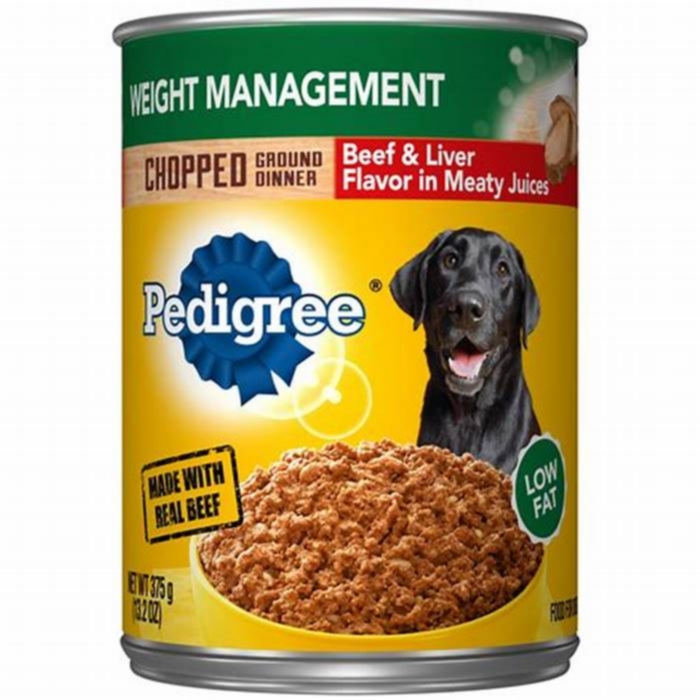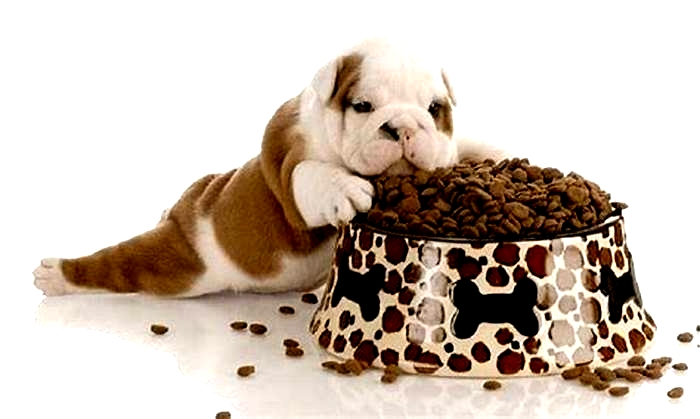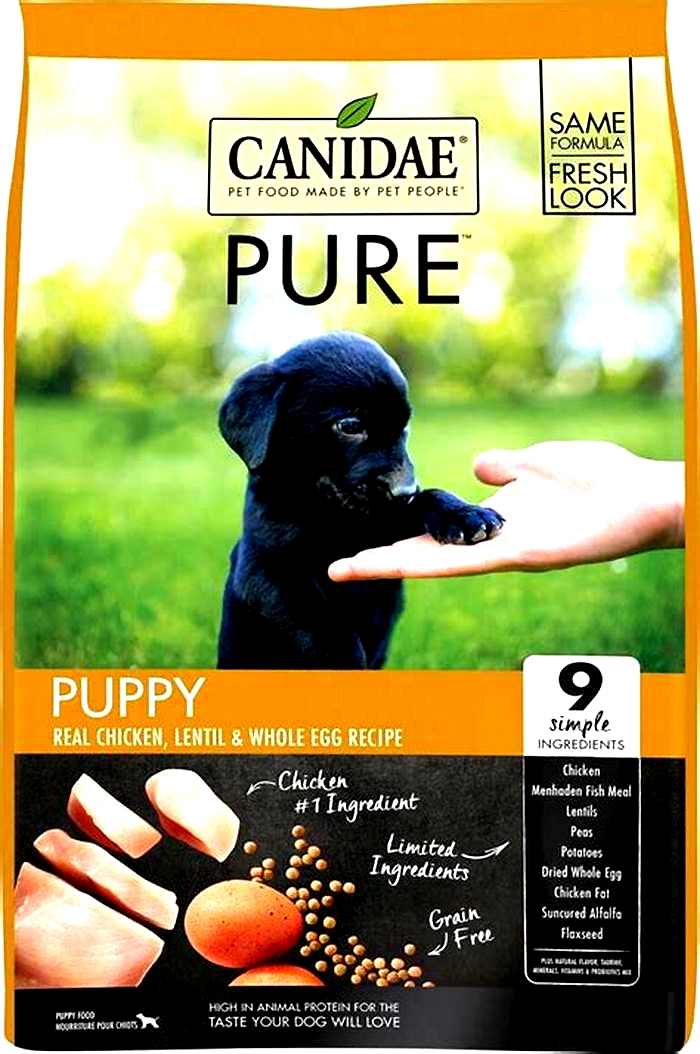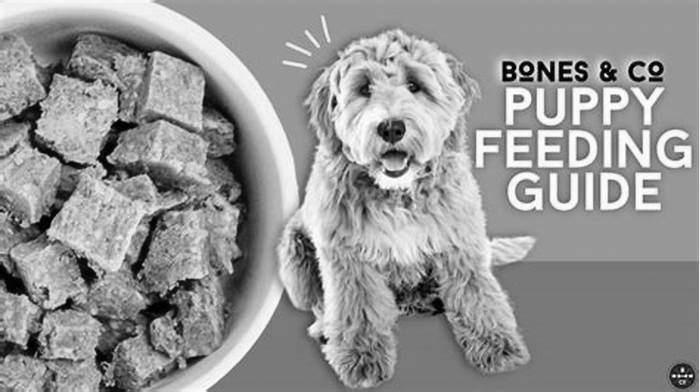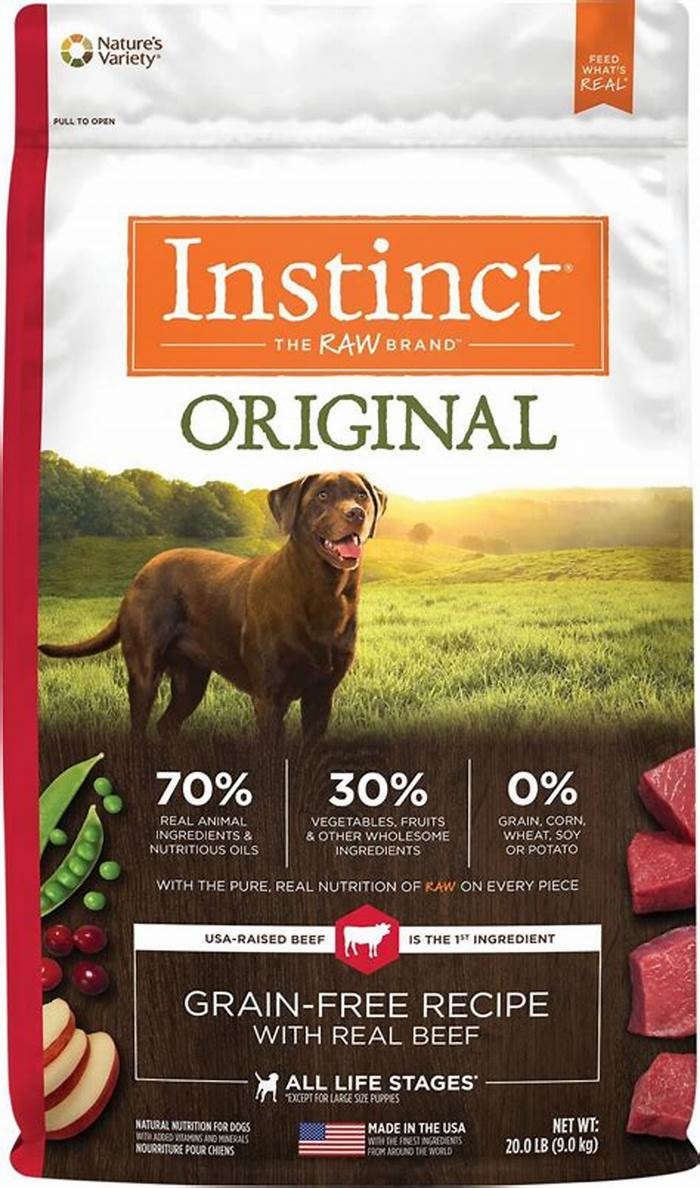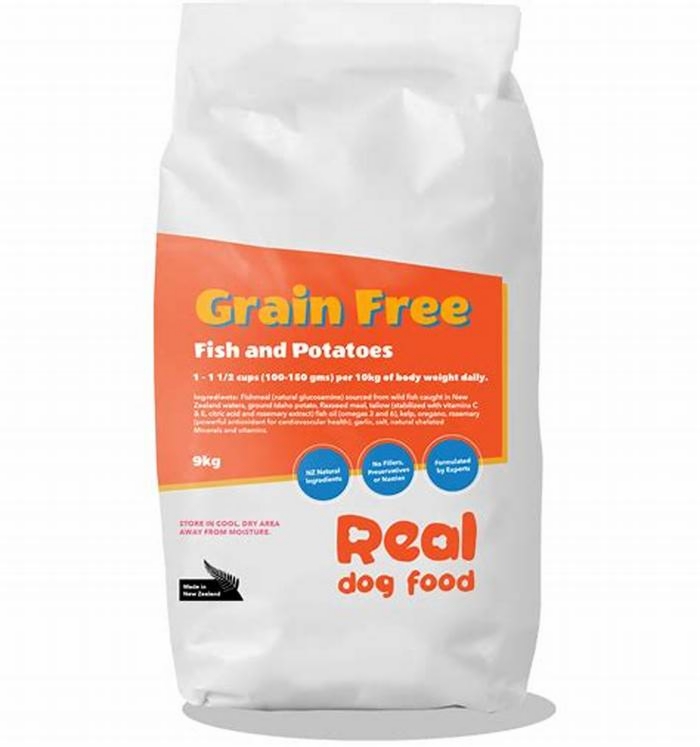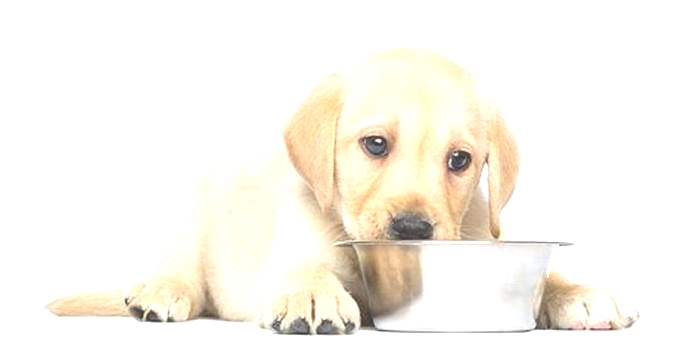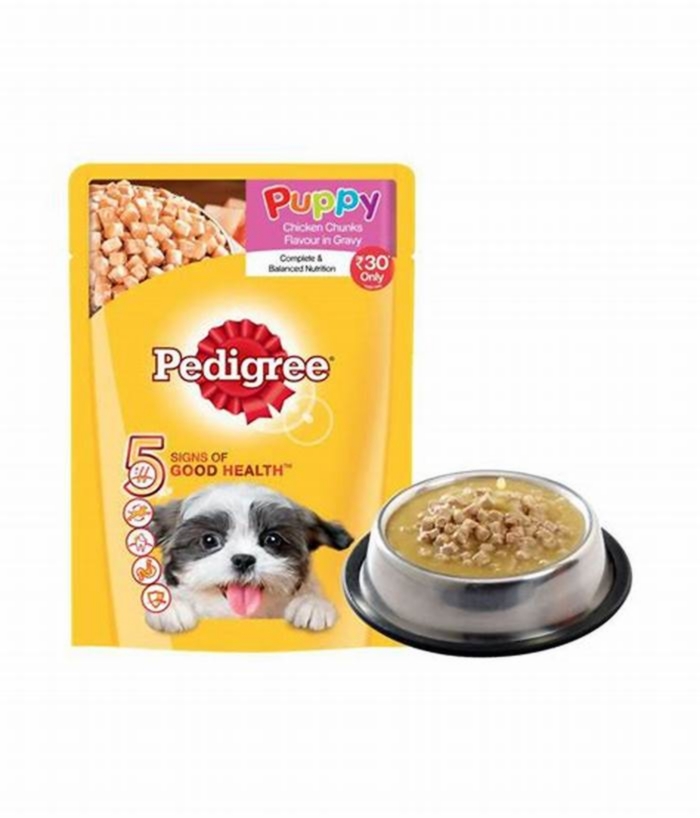best dog food for lab puppies
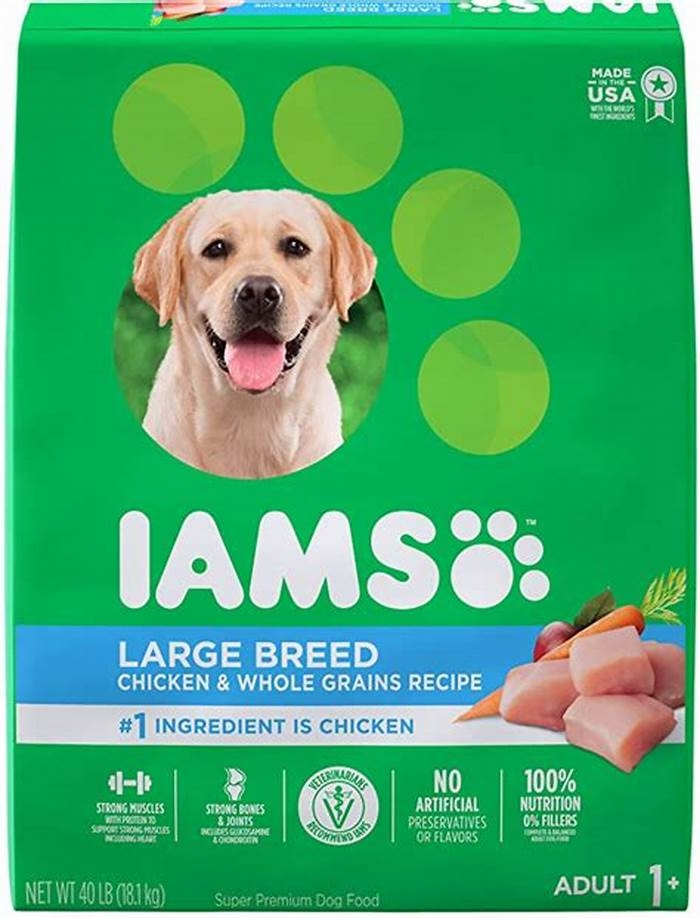
5 Best Dog Foods For Labrador Retriever Puppies (2024)
How to Choose the Best Dog Food for Labrador Retriever Puppies
The amiable Labrador Retriever puppy is a wonderful addition to any home. A dog that is full of adventure and fun, this pup is an active little fellow, taking great pleasure in accompanying its family members wherever they choose to go.
A dog breed that was developed in Newfoundland, Canada, the Labrador Retrievers original purpose was retrieving nets and other fishing paraphernalia from the cold waters of the North Atlantic on fishing expeditions with its owner. The breed is well renowned for its versatility and athleticism, making it well-suited to many different activities including hiking, agility, swimming, tracking, scent detection, obedience, and much, much more.
A highly intelligent dog breed, the Labrador Retriever puppy is most content when given a job to do. In its youth, it is high energy, requiring regular daily exercise to remain physically and mentally content.
Since the Labrador Retriever puppy is considered to be a large breed pup, it is best to look for a food formulation designed specifically to meet the needs of puppies of this size. The best dog foods for Labrador Retriever puppies contain the correct amount of calcium to phosphorus to promote a healthy rate of bone growth. This is defined as 1.2 parts of calcium for each unit of phosphorus included in the diet.
Labrador Retriever puppies should be fed a large breed puppy food until the dog reaches one year of age or 75 percent of its adult size. At that time, the pup can be transitioned to an appropriate adult diet.
Choosing the Correct Calorie Count for Labrador Retriever Puppies
Labrador Retriever puppies are busy little creatures. To help fuel their energy reserves, they need to be fed a top quality diet. The best dog foods for Labrador Retriever puppies contain a list of suggested serving sizes on the side of the bag. These make an excellent starting point, and adjustments can be made until the correct portion size has been found.
As a large breed puppy, Labrador Retrievers can be predisposed to developing the life threatening condition known as bloat. To prevent this from occurring, experts agree that the puppy should be fed a kibble with large enough pieces to prevent eating too rapidly. It is also important the puppy not be fed too much at each meal. Free feeding is strongly discouraged as it can not only lead to bloat but also to obesity.
An appropriate diet for a Labrador Retriever puppy should contain a minimum of 22 percent protein and 8 percent fat.
Dietary Requirements for Labrador Retriever Puppy Foods
The active Labrador Retriever puppy requires a diet that is nutritionally balanced and properly fortified to meet its needs as it progresses through each developmental period. The best dog foods for Labrador Retriever puppies take a lean meat as their foundation. Whole meats are the preferred choice; however, meal meals offer an exceptional amount of concentrated protein.
Meat by-products and plant-based proteins such as soy, corn, and wheat contain little nutritional value to benefit growing large breed puppies like the Labrador Retriever. It is recommended that foods containing these items be avoided. In addition to this, foods which include such ingredients as chemicals, additives, artificial flavors, colors, or preservatives are best left on the shelf as these items have been linked to the development of recurring food sensitivities.
No diet for Labrador Retriever puppies would be complete without the addition of complex carbohydrates. These can come from whole grains, fruits, or vegetables. The primary role of any carbohydrate included in a diet for large breed puppies is their high antioxidant content and ease of digestibility.
Healthy fats are part of the key to ensuring the growing Labrador Retriever puppy has the energy required to fuel its development. In addition to this, they also encourage healthy skin and coat and fuel brain and eye functionality. They are best found in animal origins such as chicken fat or oily fish; however, safflower and canola oils are plant-based fats that offer a powerhouse punch of DHA, ARA, and omega 3 and 6 fatty acids.
In selecting a food for Labrador Retriever puppies, it is always a good idea to consider a diet that includes some supplements. Among the most beneficial supplements for the growing Labrador Retriever pup are glucosamine, chondroitin, prebiotics, and probiotics.
Things to Look for in the Best Dog Food for Labrador Retriever Puppies
Here is a basic list of the most important things to look for in the best food for a Labrador Retriever puppy:
Whole proteins heading up the ingredients list
Since puppies do best on a diet of easily digestible proteins, whole meats are the preferred option for a food for Labrador Retriever puppies. Equally desirable are foods that take meat meals as their primary ingredients.
Plant-based proteins and by-products should be strictly avoided as they are inferior quality and offer few nutritional benefits to developing puppies.
Prepared without the addition of chemicals, flavorings, fillers, or mystery ingredients
Chemicals, fillers, artificial flavorings and colorings, and mystery ingredients provide no nutritional benefit to a growing Labrador Retriever puppy. Any foods containing these items is best left on the shelf.
Enriched with probiotics and helpful supplements
Supplements help a diet to be its most effective. The ideal supplements to look for in a food for the Labrador Retriever pup are glucosamine, chondroitin, prebiotics, and probiotics.
Meets AAFCO nutritional requirements for a complete and balanced food
All foods appropriate for the Labrador Retriever puppy should bear the AAFCO seal of approval, indicating it meets the standards for a complete and balanced food.
5 Best Dog Foods For Labs (2024)
How to Choose the Best Dog Food for Labs
Canadas Labrador Retriever is a breed that enjoys immense popularity as a cherished family companion.
A dog that traces its roots to a fishermans assistant in the icy waters of the North Atlantic, the Labrador is a versatile and athletic dog that excels at many different pursuits.
The Lab puppies are highly intelligent, making them well-suited to many different sports including field trials, obedience, Rally, agility, scent detection, and more.
A breed that is very friendly and affectionate, the Labrador Retriever is an excellent choice for families with children with whom it is gentle and kindly disposition.
Labrador Retrievers have a lot of energy to expend, so they are best in a family that enjoys an active lifestyle. However, if kept well exercised, this dog breed will not be prone to becoming obese. Exercise is also essential for the dogs healthy joints, helping to maintain healthy joints as it ages.
A hearty eater, the Labrador Retriever will eat far past the point of satiation if free-fed. It is recommended that the best dog foods for Labrador Retrievers be measured and all intake monitored to prevent the dog from becoming overweight.
Choosing the Correct Calorie Count for Labrador Retrievers
Selecting the best dog food for a Labrador Retriever can be a daunting task. Once an owner has decided on the right diet, it is then necessary to determine how much the dog needs for each meal.
The best course of action to ascertain this is to use the suggested serving size printed on the bag as a starting point. These amounts can be adjusted until the proper amount has been found.
Labrador Retrievers can be predisposed to a condition known as bloat. Though experts do not yet know what factors must combine to result in this life-threatening medical condition, it is generally believed that eating too much and too quickly should be avoided.
The ideal diet for an adult Labrador Retriever should consist of a minimum of 18 percent protein and 5 percent fat.
Dietary Requirements for Labrador Retriever Dog Foods
Since the Labrador Retriever is a natural athlete, this dog type requires a high-performance, well-balanced diet to thrive.
The best dog foods for Labrador Retrievers base themselves on lean meat. Whole meats are the preferred option, but meat meals are also an excellent concentrated source suited to this energetic and lively breed.
Corn gluten meal is also an excellent source of protein, as well as being high in fiber.
By-products and plant-based proteins such as soy, corn, and wheat are inferior in nutritional quality and can trigger food sensitivities in some dogs. Diets that include these ingredients should be avoided.
Additionally, additives, chemicals, flavoring agents, and artificial colors offer no benefits to the Labrador Retriever. Foods containing these items are best left on the shelf.
Carbohydrates can come from fruits, vegetables, or whole grains. Dogs that have displayed food sensitivities in the past may do best on a diet that is free. Whole-grain brown rice, sweet potatoes, and oats are suitable for Labrador Retrievers.
The primary importance of any ingredient selected for a diet for the Labrador Retriever is its ease of digestibility and high antioxidant content.
Healthy fats play an important role in the Labrador Retrievers nutritional needs. It is from these ingredients that the dogs energy levels are stoked and coat and skin health are achieved and maintained.
The best sources for these ingredients are animal-based and include such items as fish meal and chicken fat. Canola and safflower oils can also boost the omega fatty acids profile of a food.
Supplements can help excellent quality puppy food to be even more effective for dogs. The ideal supplements to look for in an active Labrador Retriever are prebiotics, probiotics, glucosamine, and chondroitin.
Things to Look for in the Best Dog Food for Labs
Here is a basic list of the most important things to look for in the best dog food for a Labrador Retriever:
Whole meat-based proteins heading up the ingredients list
The Labrador Retriever needs a diet that takes a lean, meat-based protein as its primary ingredient. Whole meats are the best option, but meat meals are also acceptable.
Among the proteins that are best avoided are soy, corn, wheat, and any meat by-product.
Prepared without the addition of chemicals, flavorings, fillers, or mystery ingredients
Chemicals, fillers, artificial flavorings and colorings, and mystery ingredients provide no nutritional benefit to the Labrador Retriever. Foods containing these items are not suited for the needs of this breed.
Enriched with probiotics and helpful supplements
Supplements help a diet to be its most effective. The best supplements to support the Labrador Retrievers health include prebiotics, probiotics, glucosamine, and chondroitin.
Meets AAFCO nutritional requirements for a complete and balanced food
All foods appropriate for the Labrador Retriever should bear the AAFCO seal of approval, indicating it meets the standards for a complete and balanced food.
Best Dog Food for Labs: 7 Vet-Recommended Brands
While Labrador Retrievers (Labs) are known as one of the best family dogs, they are also known for becoming obese in their adult years.
This is one of the many reasons why it's important to find the best dog food for Labs that fits this breed's nutritional requirements.
As a practicing veterinarian, I have seen hundreds of Labrador Retrievers walk through my clinic doors seeking nutrition advice.
The Labrador Retriever is a large-breed dog with a stocky body, floppy ears, a paddle-shaped tail, and webbed feet.
They excel at swimming, short-distance sprints, and retrieving. Labs typically live 12 years on average.
These dogs tend to be very high-energy dogs throughout their lives and require daily exercise. Labrador Retrievers tend to have extremely big appetites.
They can easily become counter surfers, jumping on countertops in the kitchen for an unsupervised snack or chomping on a discarded apple core on the sidewalk.
Today, I'm sharing my recommendations for the best Labrador dog food brands depending on the stage they are at in their lives.
I'll get into all of the details below in this article.
Their healthy appetite can be a blessing and a curse.
Many Labs are not picky eaters, so they will typically enjoy any dog food you decide to give them.
It's extremely important to talk to your veterinarian about the best dog food for Labs that meets all of their nutritional needs without adding unnecessary calories.
Labradors are one of the easiest breeds to overfeed.
Ive met many who are bottomless pits and will continuously beg for whatever food you can provide.
You must pay careful attention to their calorie intake and ensure they're eating a healthy diet.

The Best Dog Food for Labrador Retriever Puppies
Before switching your dog to any new diet, always consult with a veterinarian. Remember that no article on the internet, including this one, can replace a consultation with a vet.
Large-breed puppies, like Labs, are more susceptible to malnutrition and developmental orthopedic disease compared to small-breed pups.
Many Lab owners have heard of these diseases- hip dysplasia, osteochondrosis (OCD), panosteitis, and hypertrophic osteodystrophy (HOD).
While there is a genetic component to these diseases, there are significant nutritional risk factors that play a part during puppyhood.
These risk factors are rapid growth and excess dietary calcium intake.
Even moderate overfeeding of Labrador retriever puppies and young adults can result in overweight adults and decreased longevity.
It is important to feed them just enough of the best dog food for Labrador Retrievers that provides the perfect nutritional balance for their needs.
Royal Canin Labrador Retriever Breed Health Nutrition Puppy
 Large-breed-specific puppy foods are a great safeguard to help prevent these issues. When it comes to recommending the best dog food for Labrador Retrievers who are under 15 months of age, I tell pet parents to look for Royal Canin Labrador Retriever Breed Health Nutrition Puppy.
Large-breed-specific puppy foods are a great safeguard to help prevent these issues. When it comes to recommending the best dog food for Labrador Retrievers who are under 15 months of age, I tell pet parents to look for Royal Canin Labrador Retriever Breed Health Nutrition Puppy.
Royal Canin has done all the legwork for us in creating their Labrador retriever-specific puppy food.
Labradors are a more slowly maturing breed, and it is recommended to feed this puppy food until 15 months of age.
The calorie content and mineral balance are optimal for preventing developmental orthopedic diseases.
Labradors also are notorious for not chewing their food properly. In the veterinary field, we call it hoovering.
This Royal Canin kibble is specifically designed for optimal digestion in dogs (ahem, Labs) that dont chew their food.
Hills Science Diet Large Breed Puppy
 I also recommend Hills Science Diet Large Breed Puppy. Hills Science Diet has been a leader in pet nutrition since the early 1900s.
I also recommend Hills Science Diet Large Breed Puppy. Hills Science Diet has been a leader in pet nutrition since the early 1900s.
Their large-breed puppy formula has been tweaked over the years, but it provides consistent quality nutrition to promote healthy growth in Labrador Retrievers.
It is fortified with omega-3 fatty acids, like DHA, to promote healthy brain, joint, and skin development.
All Hills Science Diet products are made in the USA from North American raw materials.
Hill's Science Diet Wet Dog Food
 If you are interested in Hills naturals line, they now have an Ideal Balance Large Breed Puppyfood that is another great fit for the best dog food for Labrador Retrievers in this beginning stage of life.
If you are interested in Hills naturals line, they now have an Ideal Balance Large Breed Puppyfood that is another great fit for the best dog food for Labrador Retrievers in this beginning stage of life.
This food is made with natural ingredients with added vitamins, minerals, and amino acids.
Brown rice is a great source of natural fiber in this diet, which aids in healthy digestion.
We all know puppies have a tendency to eat things they shouldn't, so they need all the digestive support they can get.
The Best Dog Food for AdultLabrador Retrievers
If you are looking for the best dog food for Labrador Retrievers who are older than 15 months of age or are transitioning from puppy food to adult food, it is a good idea to consult with your veterinarian.
Your vet can help determine your Labs current body condition score. With this in mind, you can decide which maintenance adult diet is best.
Normal Body ConditionLabrador Retrievers
 A great place to start for an active, normal body weight/condition Lab is with Royal Canin Labrador Retriever Breed Health Nutrition Adult. This adult formula is excellent for adults over 15 months to 7-8 years of age.
A great place to start for an active, normal body weight/condition Lab is with Royal Canin Labrador Retriever Breed Health Nutrition Adult. This adult formula is excellent for adults over 15 months to 7-8 years of age.
Royal Canin provides the right balance of nutrients to optimize a lean body condition over a lifetime.
Just like with the Royal Canin Labrador puppy food, this food also has the optimal shape for digestibility. Labs never grow out of their Hoover stage, it seems!
Very Active/HuntingLabrador Retrievers
 Is your Lab a competitive dock-diving machine or an active hunter? She may need a higher-calorie food than your average house dog. In this case, I recommend Native Performance Dog Food.
Is your Lab a competitive dock-diving machine or an active hunter? She may need a higher-calorie food than your average house dog. In this case, I recommend Native Performance Dog Food.
If your Labrador is training hard, this is the food for her. Native provides different levels of nutrition, from Level 1 off-season, low activity food to Level 4 for dogs engaging in intense activity 4-5 hours a day.
Low-Active/Couch PotatoLabrador Retrievers
Many adult Labradors out there easily become overweight or obese.
As Labs age, they can lose a bit of their spunk and settle down into a more sedentary lifestyle.
I often have to make recommendations for the best dog food for Labrador Retrievers in this category.
It is important to talk to your vet if your Lab is overweight or has a concurrent health condition, such as atopy, which causes allergic, itchy skin. Some foods can target multiple issues.
 Generally, I reach for Hills Prescription Diet Metabolic and Mobility when Labradors become a bit too chunky and their owners have come to me for help.
Generally, I reach for Hills Prescription Diet Metabolic and Mobility when Labradors become a bit too chunky and their owners have come to me for help.
This diet is by prescription only, but it works beautifully in middle-aged Labs that cant seem to shed the pounds.
Over time, excess weight can predispose Labs to arthritis, so the mobility component will help to keep their joints in top form.
The Best Dog Food for Labs Seniors
Labrador Retrievers are considered senior or geriatric around 8 years of age.
As they age, their nutritional requirements change as well. Joints start to ache, and mental function can start to decline.
 Active ingredients in my top pick for the best dog food for Labrador Retrievers in their golden years will help your Lab go strong for as long as possible. For senior Labs, I recommend Eukanuba Lamb and Rice Senior Maintenance.
Active ingredients in my top pick for the best dog food for Labrador Retrievers in their golden years will help your Lab go strong for as long as possible. For senior Labs, I recommend Eukanuba Lamb and Rice Senior Maintenance.
Eukanuba is another high-quality dog food manufacturer with a great track record for quality products and high-quality control standards.
This food stands out due to its high level of antioxidants, which can help support proper cell function in aging dogs. It has also been proven to reduce tartar buildup on teeth by 46%.
READ NEXT: 10 Vet-Recommended Dog Food Brands That Are Inexpensive
Disclosure: Wemay earn affiliate commissions at no cost to you from the links on this page. This did notaffect our assessment of products.Read more hereand findfull disclosure here.
Want to share this?


